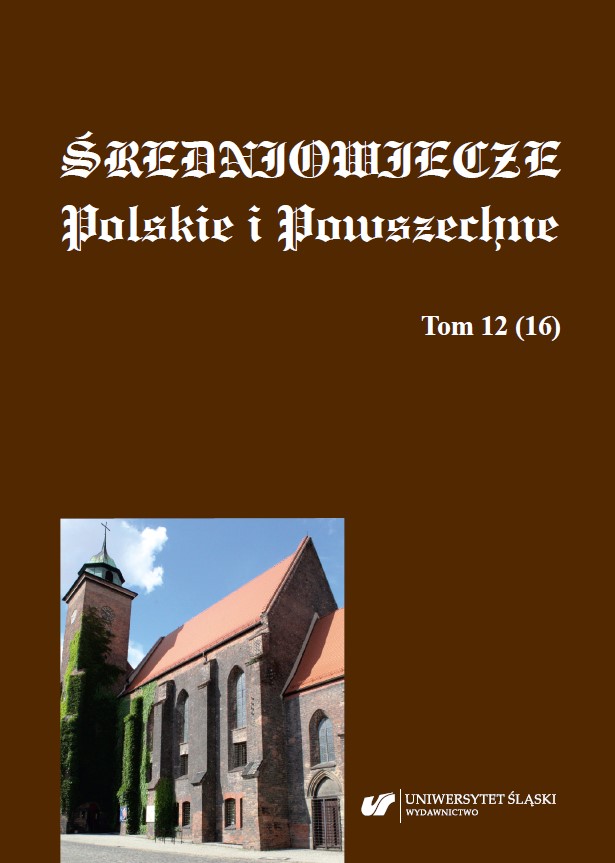Rachunkowość miejska Lwowa w XV wieku
Municipal bookkeeping in the fifteenth-century Lvov
Author(s): Michał SchmidtSubject(s): History, Middle Ages
Published by: Wydawnictwo Uniwersytetu Śląskiego
Keywords: Book-keeping; finance; city; Lvov;municipal office;
Summary/Abstract: Even though the municipal bookkeeping records of Lvov are among the oldest and the best preserved sources of the time in the Polish or one-time Polish areas, they have not been more widely used in research on accountancy and finance so far. The article intends to fill in this gap and verify the historiographic data by analyzing the outer and inner shape of these manuscripts and their content. Comparison of the structure of bookkeeping registers in Lvov along with their content shows that all of the three books were created as a result of binding a specific number of contributions. The volumes once prepared in this way were gradually completed every year. Records from specific years were put down in stages: at first the writer inserted the headers to the registers and then prepared space for the notes, which were gradually completed later. In Lvov the books were kept according to a specific pattern. The records for each year showed registers of new clerks and people admitted to the municipal regulations. Appropriate records were subdivided into a few specific categories, such as remuneration of municipal services, rent from property, companies, and surrounding villages, general expenditure (construction expenditure and wages for temporary workers), travel and gift expenditure in the municipal affairs, accountancy with burghers, and special registers. The system was used till the beginning of the sixteenth century. The books’ contents document only a fraction of the town’s tax activities. It is reflected in the annually observable phenomenon of expenditure that dominates over revenue and in considerable wavering of the two every year. It is rare that the bills list the categories of revenue and expenditure that are not registered in them, such as tax revenue, rent that came from outside of the town, and administrative charges. Dispersed records show that the office also introduced assisting registers, a part of which was used to fill in the right books. The practice of keeping only specific groups of records in the books was probably related to the habit of presenting the books by the council that was finishing their term of office, The practice was also noticeable in other Polish towns. The analysis of Lvov bookkeeping demonstrates that the revenue and the expenditure were probably more balanced than is shown by the bills. At the same time they allow us to inspect the rules of bookkeeping in a late medieval Polish town.
Journal: Średniowiecze Polskie i Powszechne
- Issue Year: 12/2020
- Issue No: 16
- Page Range: 209-226
- Page Count: 18
- Language: Polish

